Alabama’s Public Colleges of Education Producing Fewer Educators
The state of Alabama depends on its public education institutions to provide professionals the state needs, including those in the education workforce. Since 2010, Alabama’s public Colleges of Education consistently produce fewer certified teachers in nearly all subjects.
Undergraduate Elementary Education and Teaching majors consistently ranked in the top majors for Alabama college students until 2013.[i] Since then, it fell from the top 5 undergraduate majors and hasn’t returned to date. Other undergraduate majors in Alabama’s public universities such as Nursing and Business increased enrollment during the same period. Despite the declines in undergraduate Education majors, enrollment in graduate Education Administration reliably ranks among the top graduate programs since 2010. The types of professional teaching certificates received in Alabama’s public universities reflects this shift. See Figures 1 and 2.
In 2022, 50% of Alabama’s teachers held a master’s degree.[ii] Student proficiency scores in math and English Language Arts show no correlation at the school district level attributable to the percent of teachers with master’s degrees[iii]– a finding consistent with numerous other studies.[iv]
Alabama incentivizes teachers with a 15% salary increase for holding a master’s degree. The increased supply of graduate level public school teachers is directly related to the pay premium. The value of the premium equals more than $500,000 over a 30-year career. The 15% premium for a master’s degree exceeds the initial 12% premium Alabama pays under the new Teacher Excellence and Accountability for Math and Science (TEAMS) program – a program designed to incentivize traditionally hard-to-staff secondary math and science teacher positions. Unlike TEAMS, the master’s degree does not have to be specific to the subject taught to earn the premium. Multiple states, recognizing the lack of impact, moved away from advanced degree premiums.
Alabama Public College Trends
Change in Bachelor Elementary Production
The decline in the production of core subject teacher candidates is widespread. In 2010, Colleges of Education graduated 1,460 teachers (bachelor elementary) but, by 2021, production dropped by a third to 1,012. Meanwhile, the use of emergency certified elementary teachers expanded rapidly since 2017.[v]
No Decline in Administrator Production
The University of West Alabama (UWA) produces nearly 50% of Alabama’s school administrator certificates. In 2021, UWA produced 362 administrator certificates while the rest of the 13 public Alabama colleges produced 294 altogether. Rapid expansion of online degree programs at UWA accounts for most of the growth.[vi] Future policy decisions should consider research shows generalized master’s degrees in education have no impact on how effective teachers perform.
Praxis Test Passage Rates as a Measure of Program Quality
Comprehensive pass rates for Alabama’s Educator Prep Programs (EPP) are unknown to the public and consumers of education. In a yearly report card, the Alabama State Department of Education (ALSDE) publishes Praxis pass rates for all EPP teacher candidates as 100% because only EPP completers are included in federal Title II reporting requirements.[vii] This percentage is misleading because it excludes students who never passed the test. Praxis test results for all takers of the Elementary Multi-Subject Praxis test from 2016-2018, reported by the National Council on Teacher Quality, reveal lower pass rates than ALSDE (Title II) report card rates.[viii] Inclusive and publicly available pass rates better inform which colleges provide subject-specific knowledge proven to be integral to student outcomes.
Recommendations
Incentivize completion of traditional bachelor’s degree educator preparation program.
Align teacher pay incentives with the state’s desired outcomes.
Publish all educator preparation program enrollments, certification pass rates, and successful completion results each year on weteachalabama.com.
References and Citations
[i] Alabama Commission on Higher Education. ACHE Data Portal, Enrollment Dashboard.
[ii] https://www.alabamaachieves.org/wp-content/uploads/2022/05/COMM_QF_202254_QF2022_V1.0.pdf
| Correlation Analysis of Master’s Degree Teachers to Student Proficiency | ||||||||||
| Portion of master’s degrees 2018 | ELA Proficiency 2018 | Math Proficiency 2018 | Portion of master’s degrees 2019 | ELA Proficiency 2019 | Math Proficiency 2019 | |||||
| High | 61.78 | 84.28 | 89.01 | 64.47 | 82.83 | 88.82 | ||||
| Low | 27.10 | 15.10 | 12.87 | 28.73 | 16.45 | 10.11 | ||||
| Median | 43.49 | 43.22 | 44.75 | 44.34 | 42.35 | 44.56 | ||||
| Mean | 44.26 | 43.25 | 44.12 | 44.24 | 43.84 | 42.66 | ||||
| Variance | 55.88 | 181.05 | 233.43 | 52.66 | 223.85 | 172.07 | ||||
| Observations | 137 | 137 | 137 | 137 | 137 | 137 | ||||
| t Statistic (>2) | 1.06 | 0.13 | 0.38 | 1.69 | ||||||
| Pearson Correlation | 0.56 | 0.58 | 0.57 | 0.56 | ||||||
| P(T<=t) two-tail (<.05) | 0.29 | 0.90 | 0.70 | 0.09 | ||||||
| Could not reject the null hypothesis for any relationship. | ||||||||||
[iv] Horn Aaron., & Jang. S. T. (2017) “The Impact of Graduate Education on Teacher Effectiveness: Does a Master’s Degree Matter?”
Clotfelter, Charles T. & Ladd, Helen F. & Vigdor, Jacob L., 2007. “Teacher credentials and student achievement: Longitudinal analysis with student fixed effects,” Economics of Education Review,
Ladd, H.F.& Sorenson, L.C., 2015 “Do Master’s Degrees Matter? Advanced Degrees. Career Paths, and the Effectiveness of Teachers, Calder National Center for Analysis of Longitudinal Data in Education Research
[v] https://universityservices.wiley.com/overcoming-declining-enrollments-university-of-west-alabama/
[vi] Alabama Commission on the Evaluation of Services Teacher Workforce: Recruitment & Retention
[vii] https://www.alabamaachieves.org/wp-content/uploads/2021/10/Alabama-Statewide-Higher-Ed-Report-Card-2021.pdf
[viii] Putman, H., & Walsh, K. (2021). Driven by Data: Using licensure tests to build a strong, diverse teacher workforce. Washington, D.C.: National Council on Teacher Quality.
